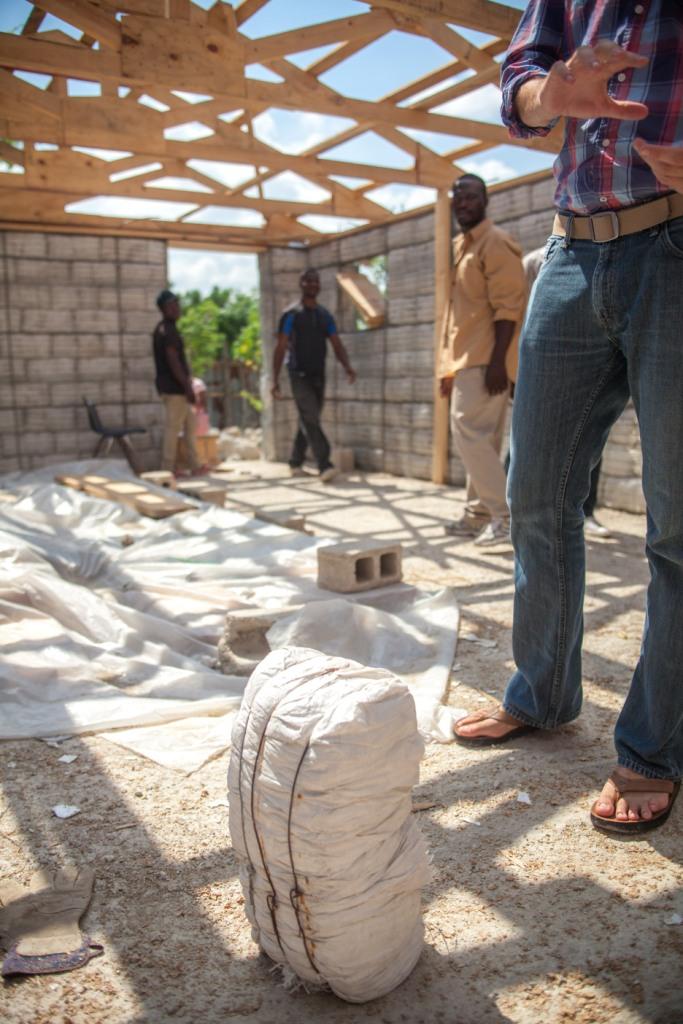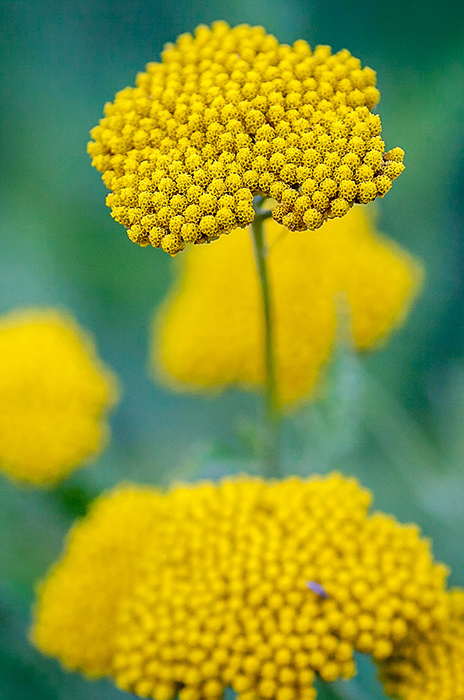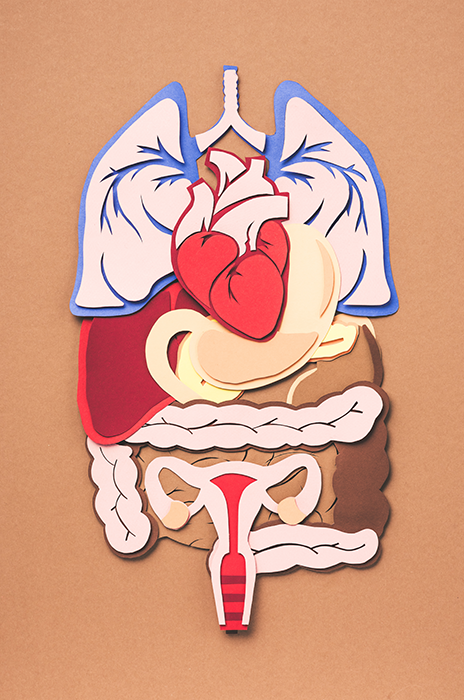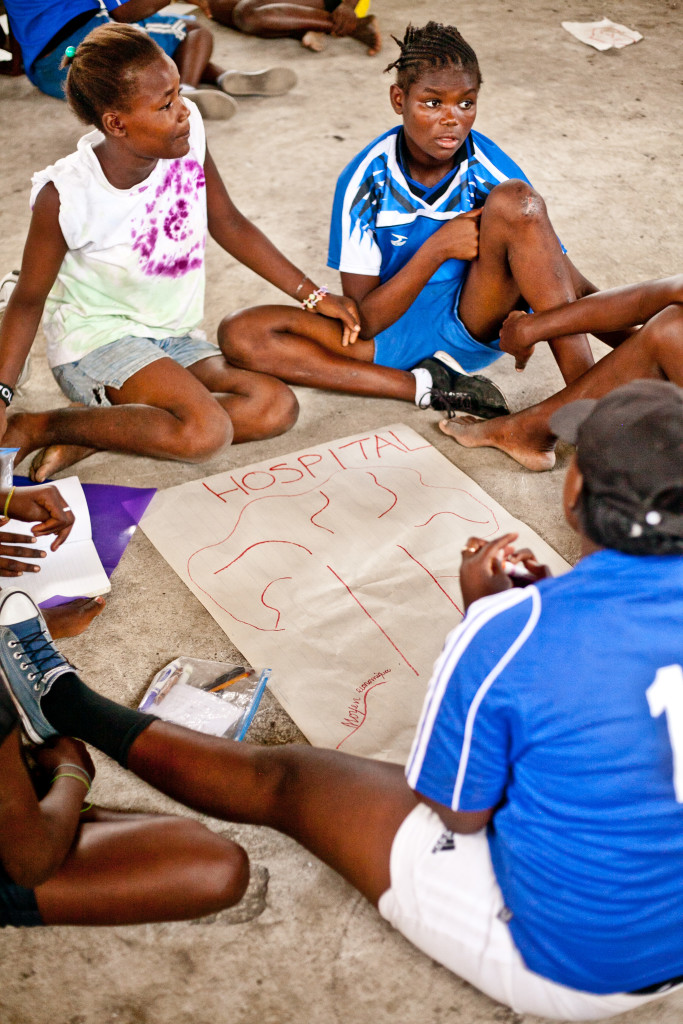The Good and Beneficent God who made the land
and the sun that shines above us.
Good God who ordains the tides
and sounds the clash of thunder.
Our God who has ears to hear us.
Despite being hidden behind the clouds,
you who watch us right where you are,
and sees all that oppression makes the oppressed undergo.
The gods, violence, consumption and greed, call for crimes against life and love
You, our God within wants life to flourish,
Our God/humanity that has been so good to us, which presides over Justice ,
enjoins and requires us to < satisfy the wronged >
It is you who drives our actions and delivers the necessary victory.
It is you who brings us assistance and comrades.
We therefore must throw the symbols of white gods including supremacy and patriarchy, whom so often have caused our tears.
Listen and follow deeply then, the voice of liberty that sings in each of your hearts.








